Funke
Deepfake DETECTION AND PREVENTION
They imitate voices, distort identities, and undermine our trust in digital images: Deepfakes have long been more than just an internet phenomenon. They are a systemic challenge for the media, politics, business, and each and every one of us. With the SPRIND Funke Deepfake Detection & Prevention,
we searched for new, bold answers to this very problem.
00:00
The task: Develop a prototype that reliably detects deepfakes images from various media content and/or protects existing infrastructures from the use of deepfakes with preventive measures.
Over a period of 13 months, up to twelve teams worked on prototypes that redefine digital authenticity. The conditions were challenging:
The teams received individual funding of up to €725,000 over two stages, access to expertise from research, regulation, and industry, and continuous sparring from SPRIND. The goal was to develop a functional prototype that not only detects deepfakes but also enables authenticatable, trustworthy image content – scalable, robust, and flexible in its application.
During this time, teams tested, discarded, rethought, and refined their ideas. Deepfake techniques changed, models became more complex, and playback methods more diverse.
At the end of November 2025, the renowned jury met for the third time and selected the winner of SPRIND Funke from the seven remaining teams in the second stage.
The Cinematic Context Aware AI Image Detection approach (itsreal.media) developed by director Christoph Behl's team convinced with its combination of precise technical analysis and a holistic view of the image, including hundreds of visual and structural patterns. This was complemented by the use of powerful deep learning models and a flexible, highly adaptive meta-model that can be quickly adapted to new models and feature sets. In addition, the team achieved the highest recognition rates for both fully generated AI images and the correct identification of authentic (real-as-real
) images.
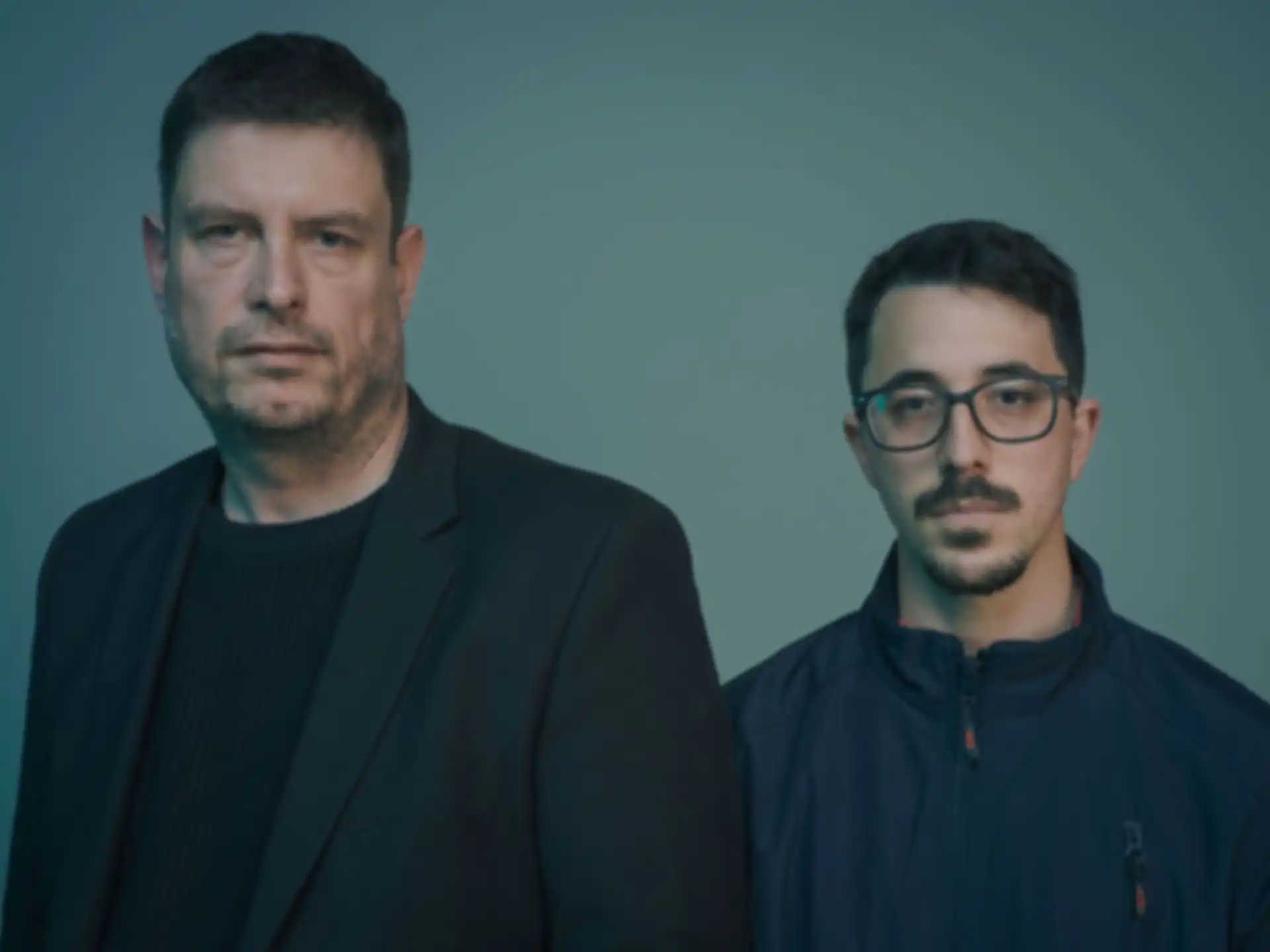
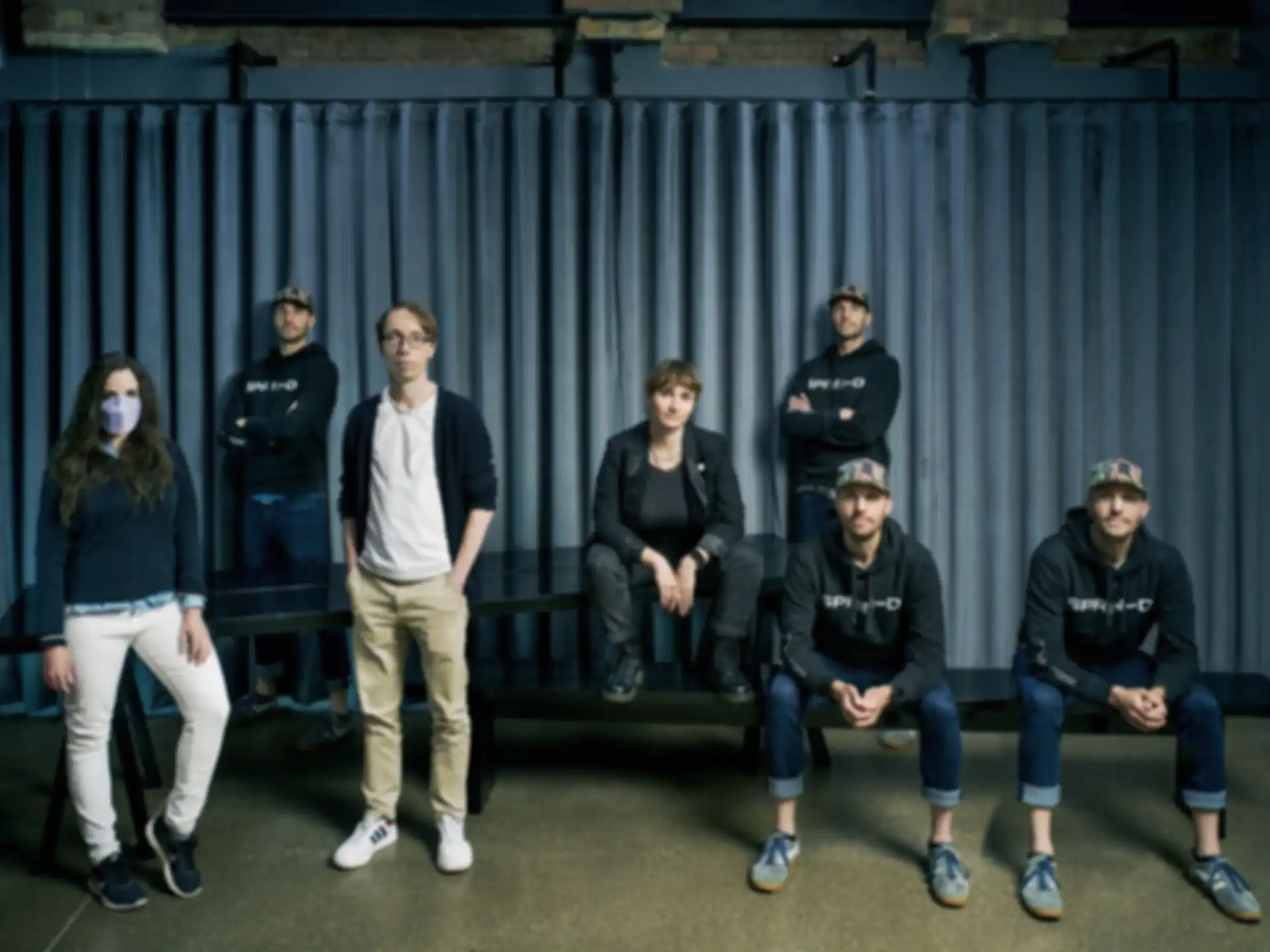
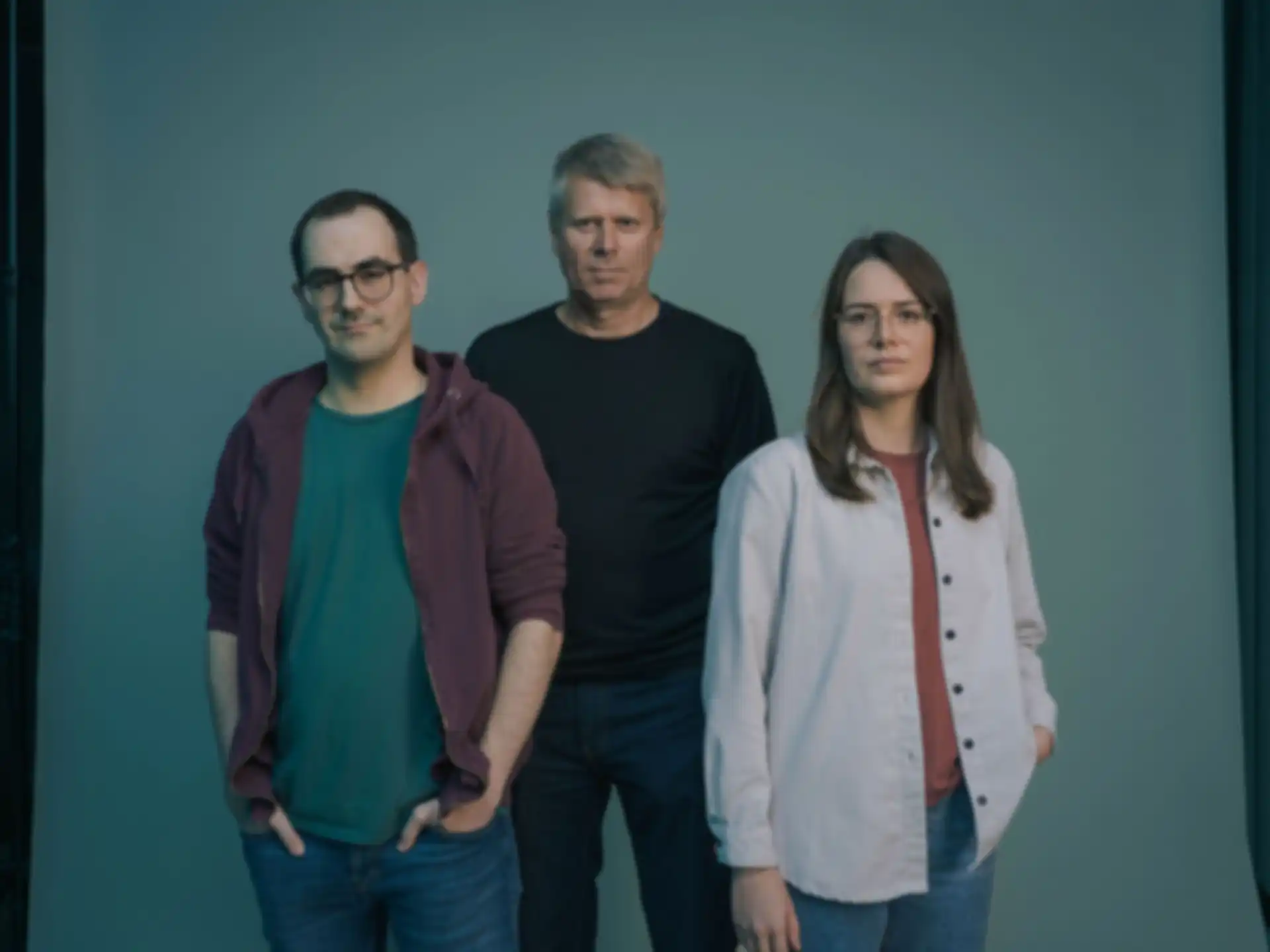
FAU/secunet-solution
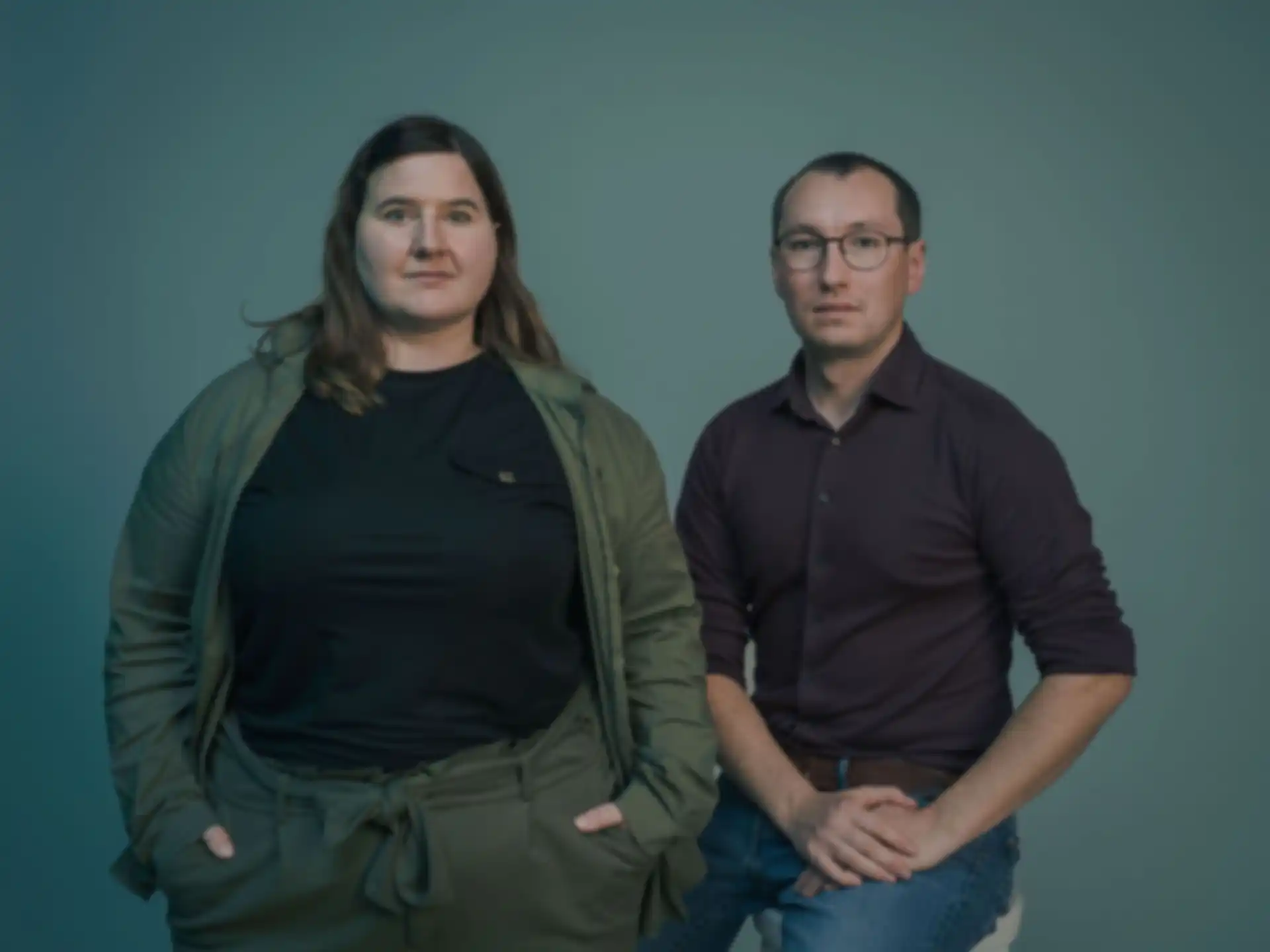
Neuraforge
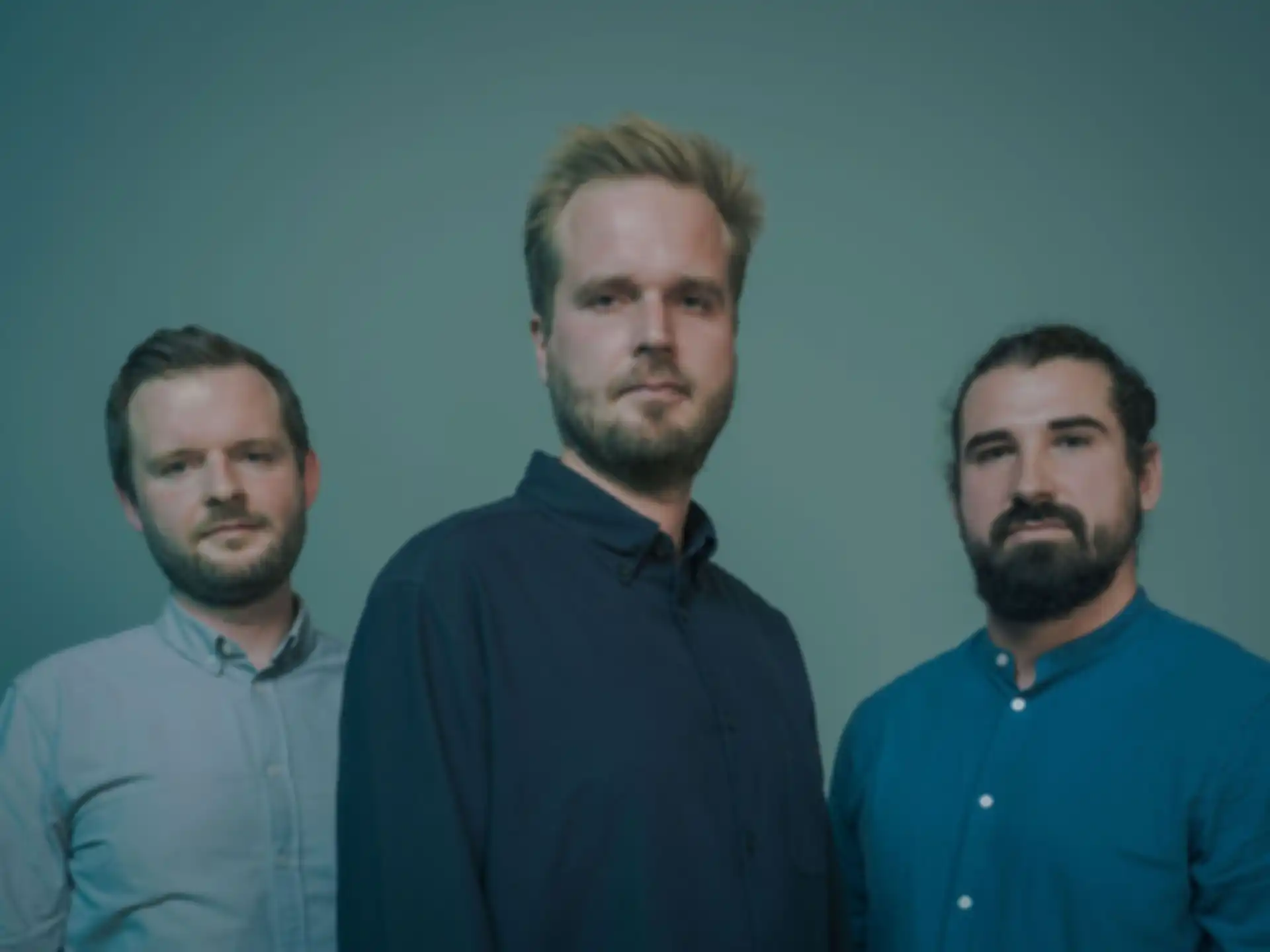
Valid - Trusted Information
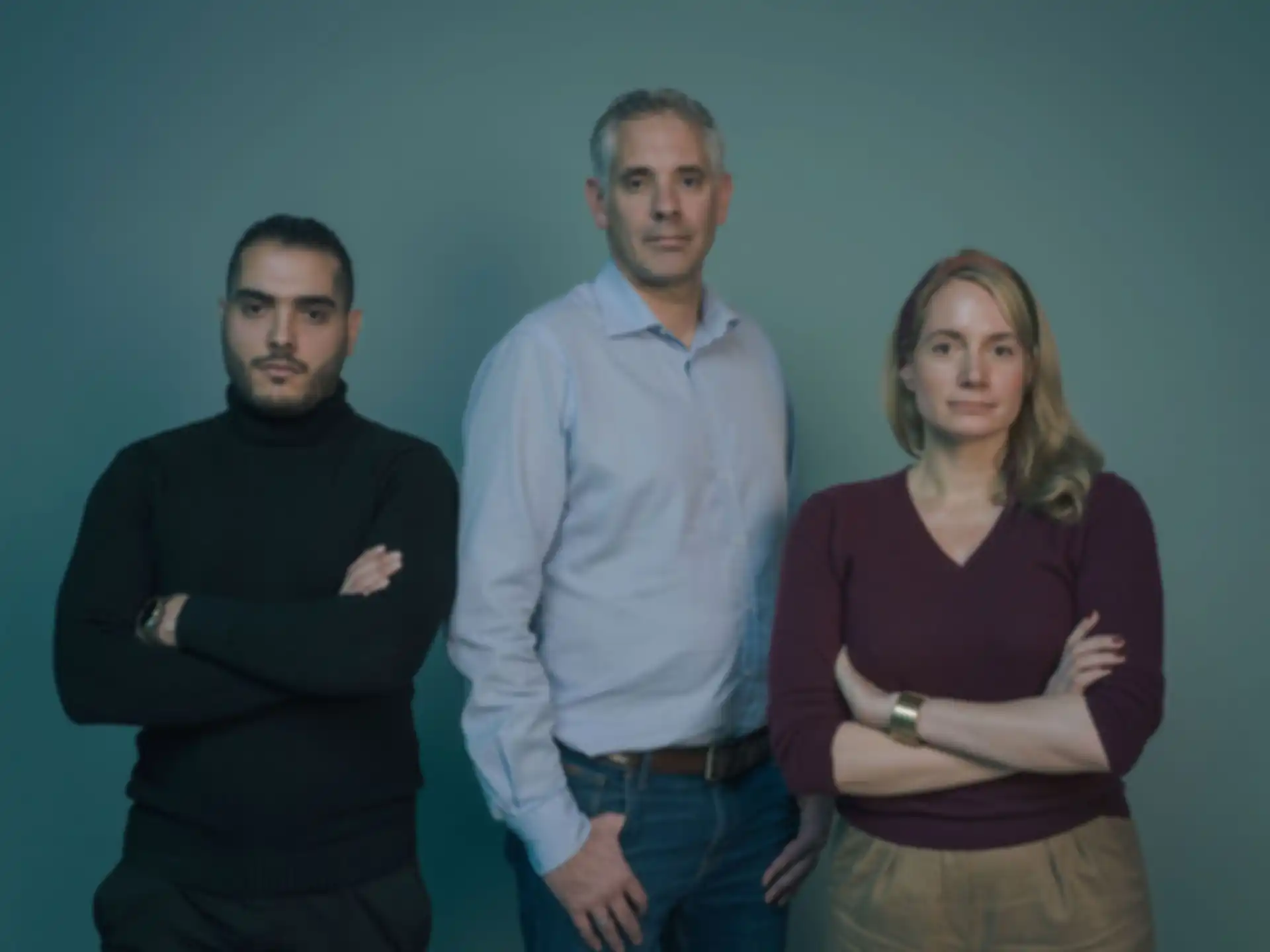
DeepShield - The Disruptive Preventer
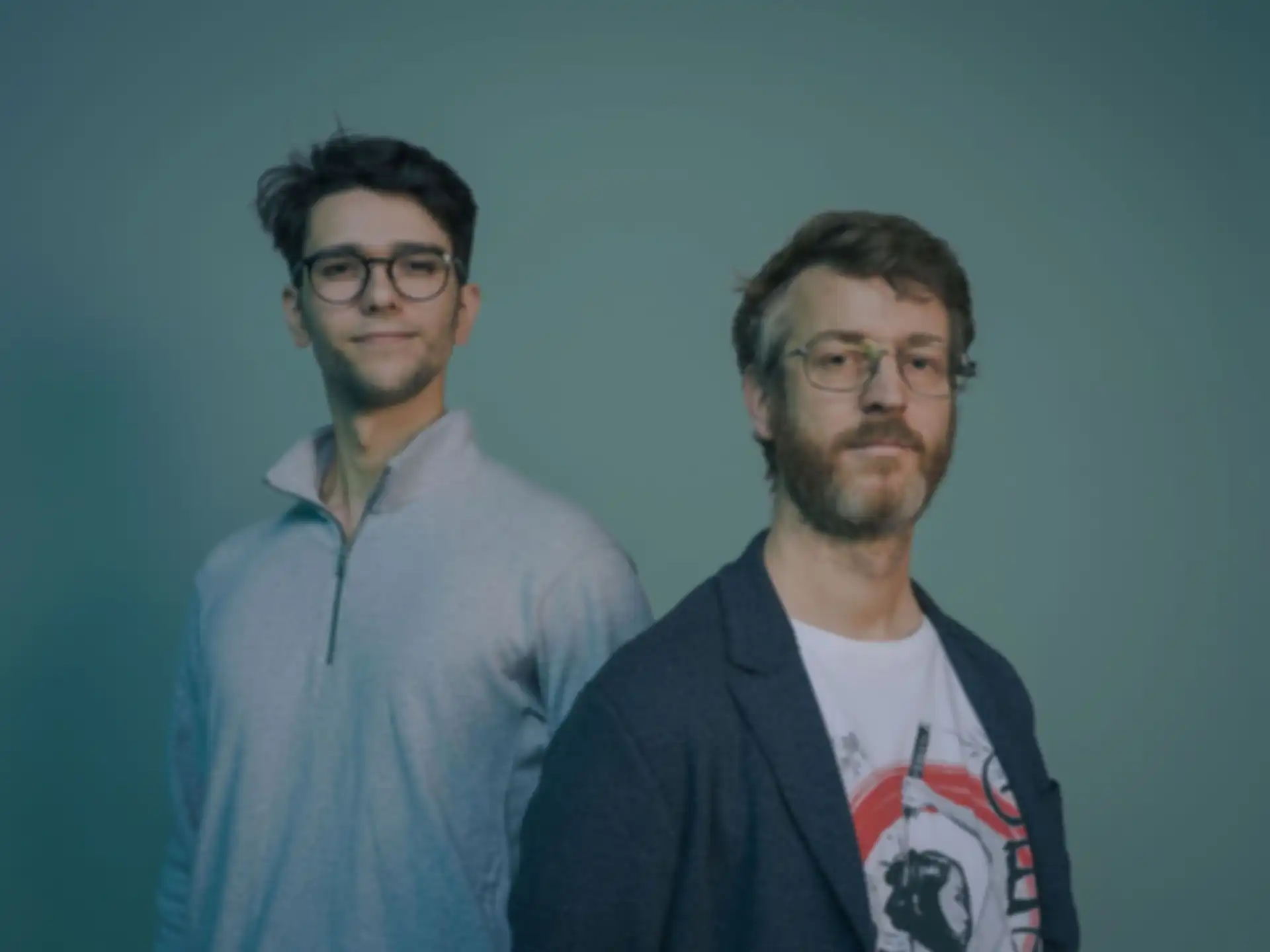
DeepFOCAS: DeepFake detection using Observable, Contextual, Accessible, and Semantic information
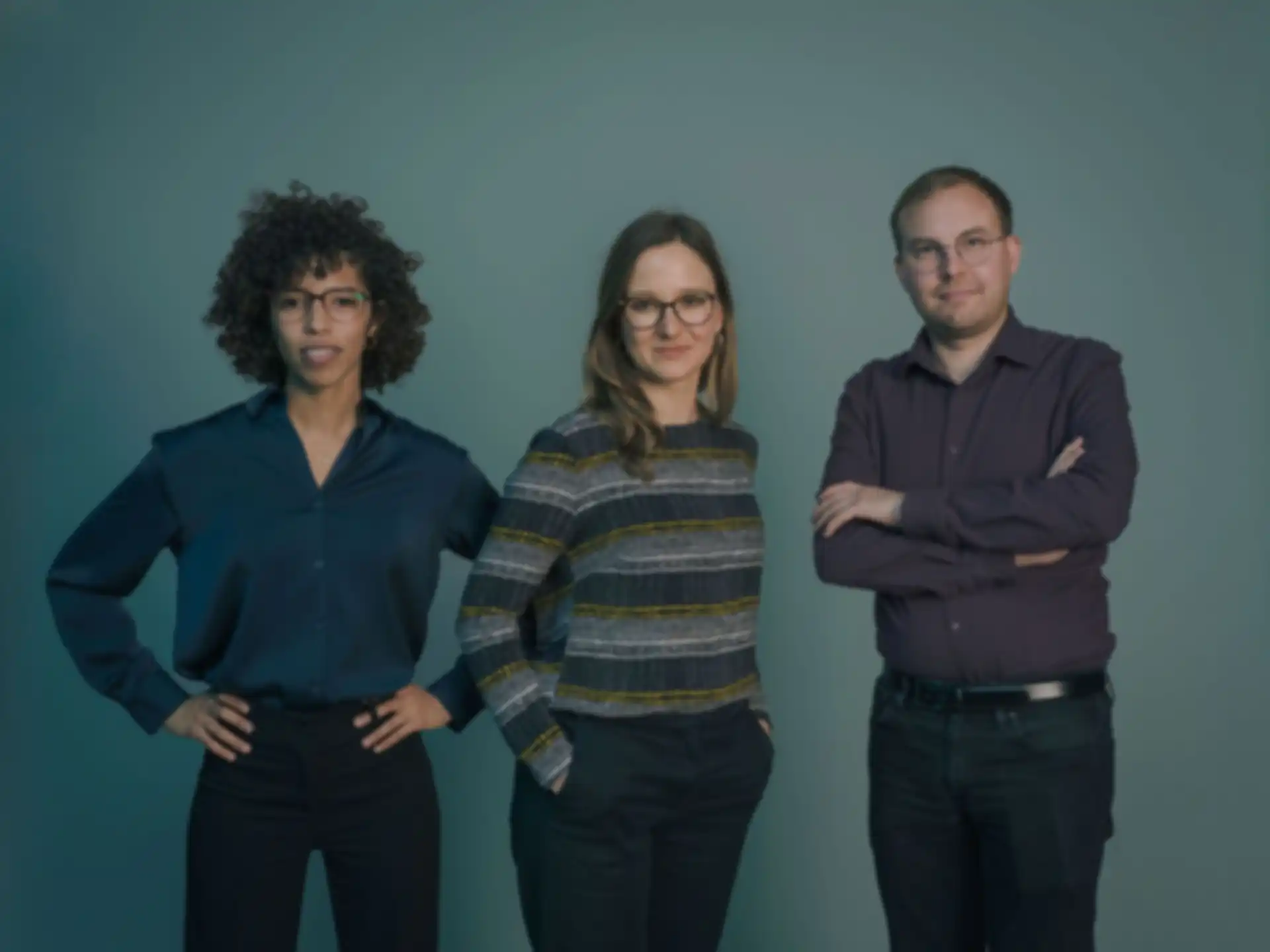
ClyraVision
Do you have further questions? Please feel free to contact us at challenge@sprind.org
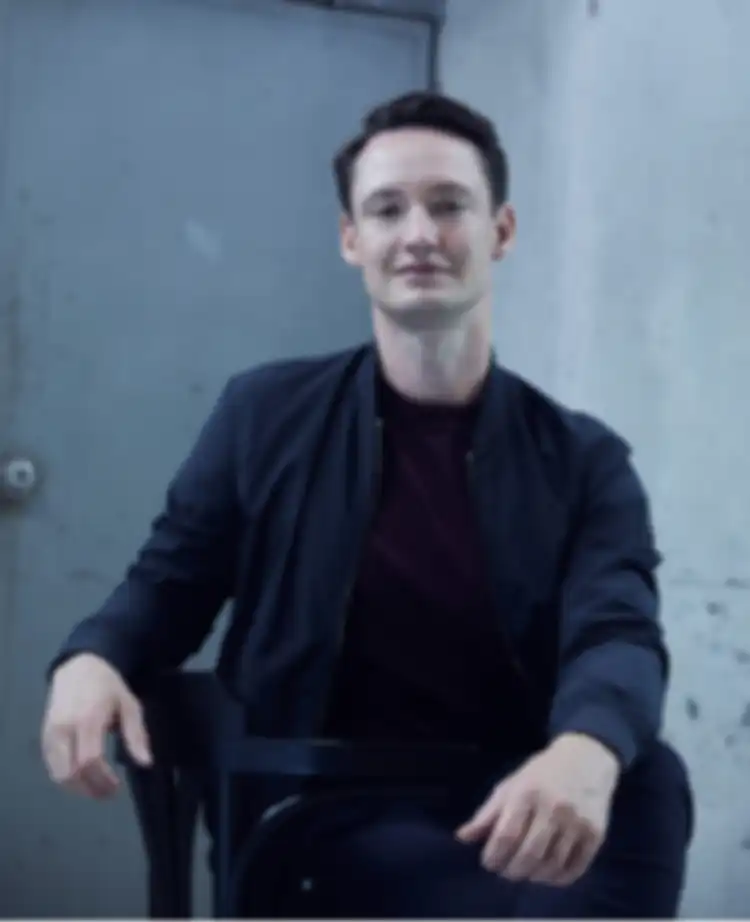
More Challenges and Funken

